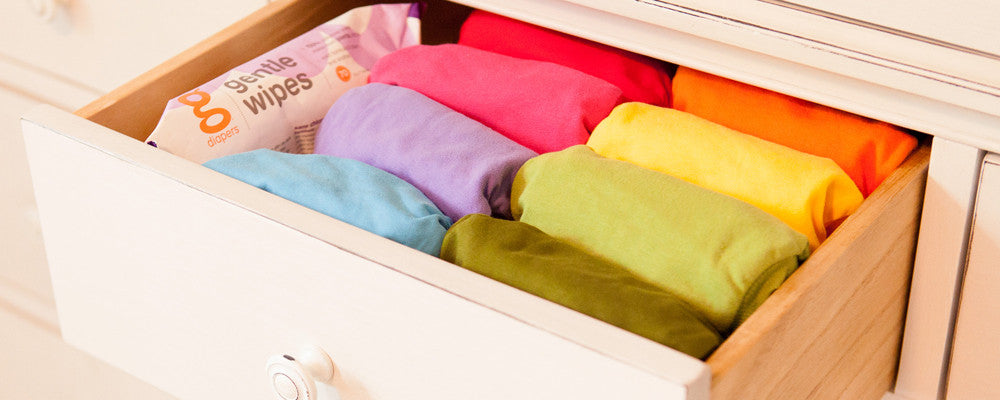home compost your inserts!
We’ll say it until the cows come home: the most earth-friendly way to dispose of your disposable inserts is by home composting (wet ones only).
Let’s make some dirt.
When you compost your yard debris, food scraps and wet disposable inserts (not the poopy ones), you’re keeping a lot of stuff out of the landfill. At the same time you’re creating a rich soil amendment plants love. And that reduces the need for fertilizers. Choose a compost method, whichever works for your home, your lifestyle, etc.
- Open-air composting. Use either holding bins or an uncontained pile to compost yard debris. You can make your own bins with wire mesh, old fencing, wooden pallets or wood and wire or buy them ready-made.
- Hot composting. This is a good option if your garden produces a lot of yard debris and you want to have high-quality compost quickly. Use a series of two or three bins made of wood, wire or masonry blocks. Hot piles require some effort, but the compost you produce is typically of a higher quality, because the high temperatures kill weed seeds and many plant diseases. It can also be quicker than open-air composting.
- Compost Tumblers. This is a convenient way to get quick, pest-free compost, especially if you plan to throw in a lot of fruit and veggie scraps without a worm bin.
Now, find a spot to set up your composting system. Choose a shady spot, near a water source if possible.
know your greens from your browns.
Finding the perfect balance of nitrogen or green matter and carbon or brown matter is the key to well-performing composter.
Green comes from grass clippings, disease-free weeds and fruit scraps. Chicken manure and rotted manure also fall under this category. Brown comes from dried leaves, hay, sawdust and wood chips (and other similar stuff).
Begin by throwing in a layer of dried leaves (brown matter) about eight inches thick. Dampen them a bit with water. Then add some grass (green matter). Mix well, so everything is evenly distributed and damp but not soaked. For an added boost, sprinkle in some rich soil. A shovel-full is too much. Then add whatever else you have around. Check your compost regularly to make sure your pile is shrinking. If you have a tumbler, be sure to turn everything over with a pitchfork or rake regularly. After a few weeks, you should have compost for your garden.
composting gDiapers disposable inserts.
A wet disposable insert should break down in your home compost in 50 – 150 days. Though depending on your compost, it could be even faster. See the pics in this guy’s blog. It’s amazing! No disposable diaper ever did this.
Open the insert to reveal the inner core. While this isn’t necessary, it will speed up the composting process by providing more surface areas for the bugs and enzymes to do their job. You can either drop the insert straight into your compost or put it in the tub or bucket you use to collect scraps in your kitchen.
what if your compost pile isn’t doing so hot?
Problem: The compost pile does not heat up or appear to be decomposing.
There are several things that can stall or slow down the composting process.
- Too wet? Turn the pile and add dry, coarse material like straw or wood chips.
- Too dry? Add enough water to moisten the pile without soaking it.
- Moist but not decomposing? Add more “green” matter. Turn and add nitrogen-rich material like manure or grass clippings.
- Damp and warm in the middle? Your pile may be too small. Add more green and brown matter, a little water and tumble. If your compost is dark and crumbly and has an earthy smell it may be ready to use.
Problem: Critters are living in or near your compost pile.
Remove fatty food and excess kitchen scraps, turn to increase temperature and balance the carbon (brown) nitrogen (green) ratio. Consider using an animal-proof bin like a tumbler.
Problem: Compost smells rotten.
Your compost is too wet and needs more air. It’s rotting not decomposing. Turn compost and add dry material to help absorb moisture.
fun reading for you and your kids.
Compost! Growing Gardens from Your Garbage, by Linda Glaser
Planting a Rainbow, by Lois Ehlert
Jack’s Garden, by Henry Cole
Wonderful Worms, by Linda Glaser
Spring, by Gerda Muller











1 comment
Great article.Thanks for sharing informative post.